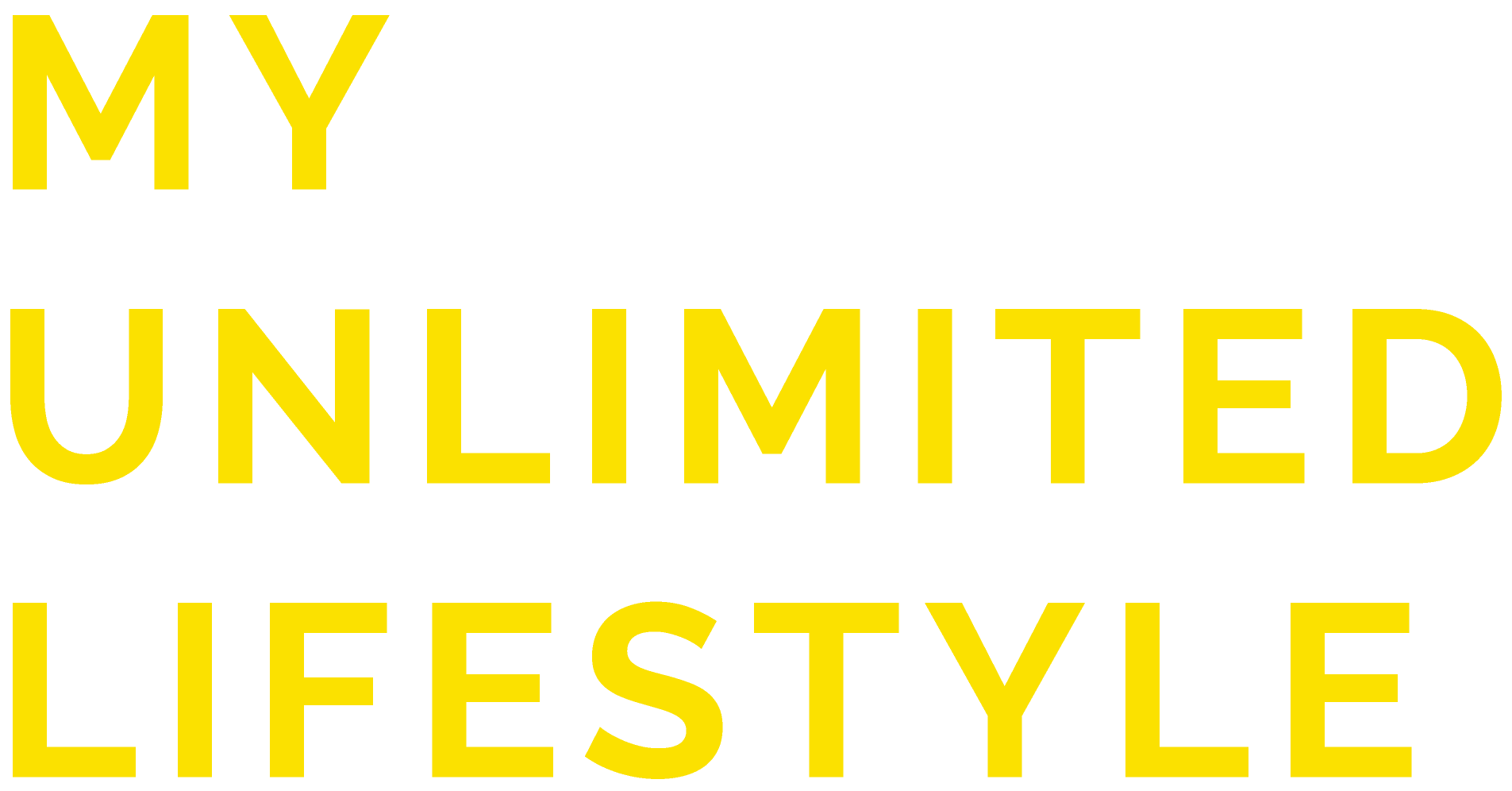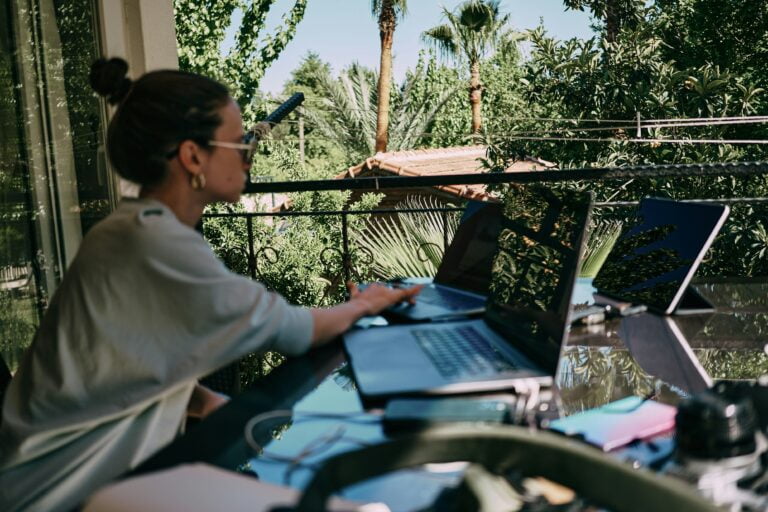Freelance work has many positive attributes: flexible hours, a comfortable environment, no annoying co-workers, and more. But let’s face it — there are also some notable disadvantages. Often, these downsides are closely related to the very same benefits we love. Let’s examine a few:
Routine for freelancer is important
What was once an advantage, this can easily become one of the biggest drawbacks of freelancing at home. Falling into a routine is very easy, and when it happens, this can end up becoming a rather large burden. Your routine might even be extended to the point of making you tired. If you decide to work from home for economic reasons, you run the risk of always repeating the same activities. This dynamic can become boring, even if it was exciting at the beginning. If this happens, try to change up some of your activities. Test working in other spaces such as a library, coffee shop, or co-working space. This might help you to refresh and rethink the way you do the same tasks.
Distractions
There are fewer external factors (think talkative co-workers or noisy machinery) that can distract you when you work at home as a freelancer, but it is also true that it could be very easy to break your concentration by your own means. How many times have you put off writing an article because you ended up visiting your favourite social media? It happens all the time, and it is one of the most frequent scenarios when you decide to work remotely. Save the social media time for later, and get the work done before you start scrolling.
Procrastination for freelancer can be a obstacle
In any case, social networks are often the root of procrastination. Also, it is the place where all freelancers go when inspiration is nowhere to be found. Procrastination means that you are doing everything you shouldn’t do, instead of concentrating on what you have to do. Sometimes you have tasks to finish, but you don’t know how to start. Instead, you decide to save it for later. By then, it gets too late and the pressure kicks in, so the best is to avoid all of this from the beginning. Some people find it useful to attack their most difficult projects first, while they are fresh. Others write (and follow!) a timetable so that they always know what they should be doing at any given time.
Loneliness
One of the great advantages of working in an office is that others’ company could be a great encouragement to get your job done in the best possible way. Being around people can incentivize workers to find the rhythm of the office and stick with it day after day. Unfortunately, this is not possible when it comes to freelancing. Loneliness can play against your personal rhythm, and be a direct path to laziness. One thing leads to another, and the end is unfortunate: a lot of work to do and very little time to get it done. A good way to deal with this is to work from home accompanied by another person who is working at the same time, whether this is your partner, a family member or friend, or even someone you invite to share your working space. Joining a co-working office can help you have the benefits of sharing people’s energy without expecting them to ask you questions. One modern take on this is what has come to be known as the “work gym.” You can join any of dozens of online video platforms where you simply leave your computer camera on while you work, and so do all of your virtual “colleagues.” Simply being aware of these other working people can give you the energy to maintain your focus, while also helping them to stay on task.
Monotony
When working at home as a freelancer, it is very easy to end up falling into the monotony; this is a direct consequence of seeing the same space every day. Although it is inevitable, the best way to deal with this is with a work schedule that allows you the time to do personal activities in between your tasks. This way, you can clear your mind, and take advantage of your own time. Go for a walk, eat something, and go back to work; mix your daily activities, and do not fall into that tired monotony.
Means
What no one tells you when you become a freelance worker is that you will have to invest in your own equipment. For example, if you are a designer, you’ll need to have equipment that’s capable of handling your work demands. And yes, that often represents a great investment. Fortunately, even if you have to invest in it, you can make this money back if you really know how to sell your work. Freelancing can be a unique and ideal experience if your intention is to invest time in your own projects. It allows you to manage your own time, talent, and resources, exactly the way you like. Often, this type of work generates more significant income than a face-to-face job. So, if you know how to properly deal with the downsides of working at home, it can be an incredible opportunity to explore a new way to profit from your talent.






